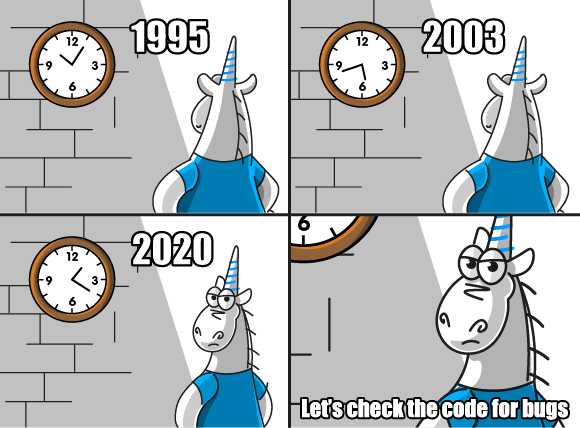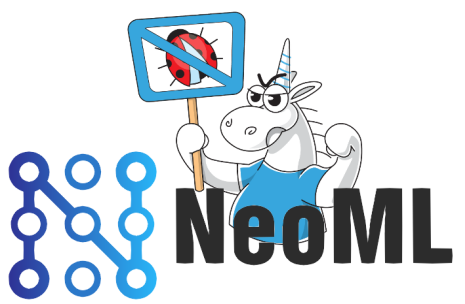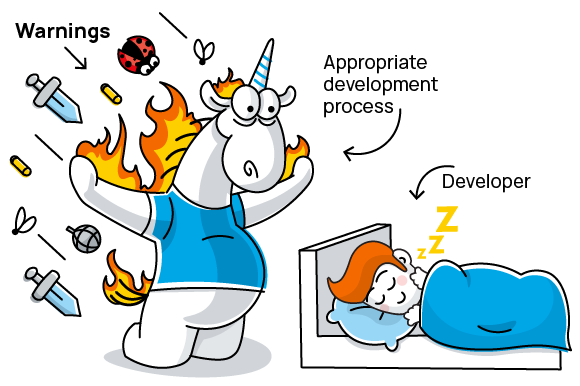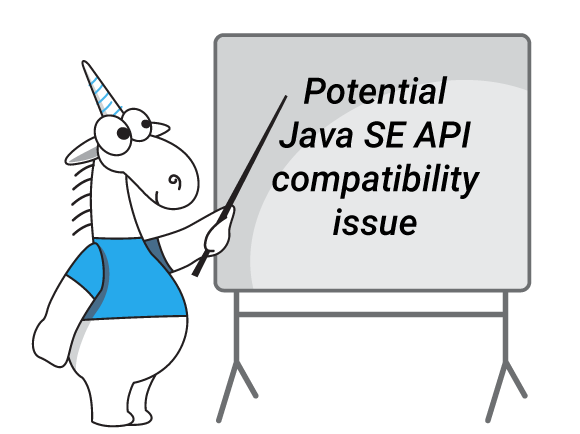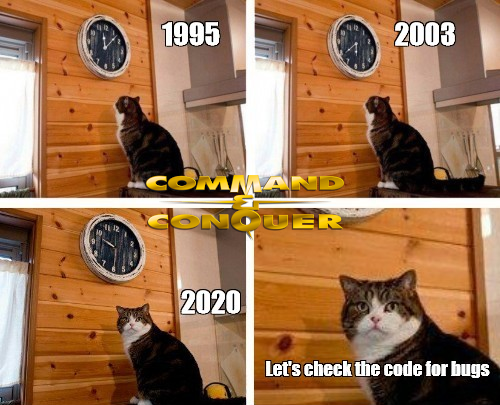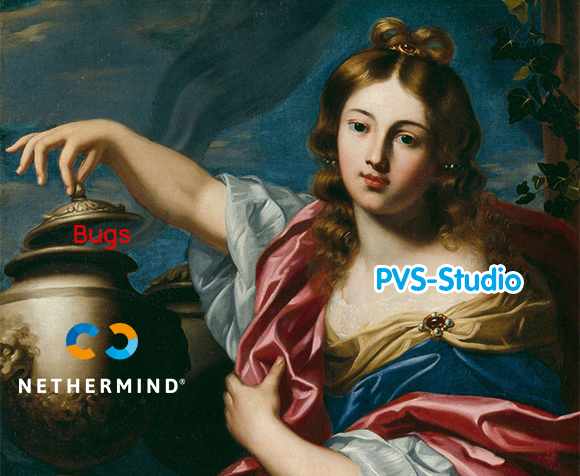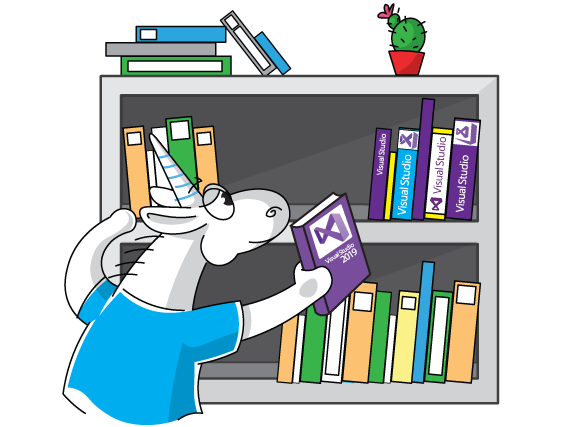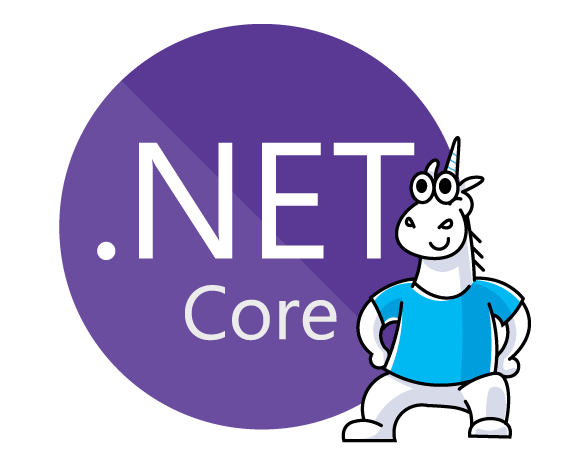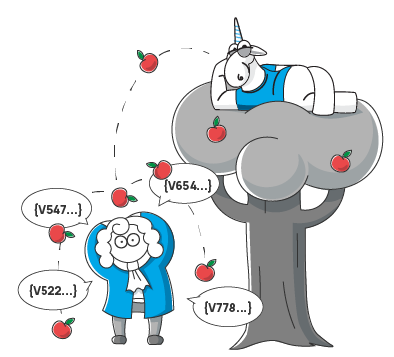Static Analysis: baseline VS diff
6 min
Translation
If you use static analyzers, you will have, sooner or later, to address the task of making their integration into existing projects easier, where fixing all warnings on legacy code is unfeasible.
The purpose of this article is not to help with integration but rather to elaborate on the technicalities of the process: the exact implementations of warning suppression mechanisms and pros and cons of each approach.

The purpose of this article is not to help with integration but rather to elaborate on the technicalities of the process: the exact implementations of warning suppression mechanisms and pros and cons of each approach.




